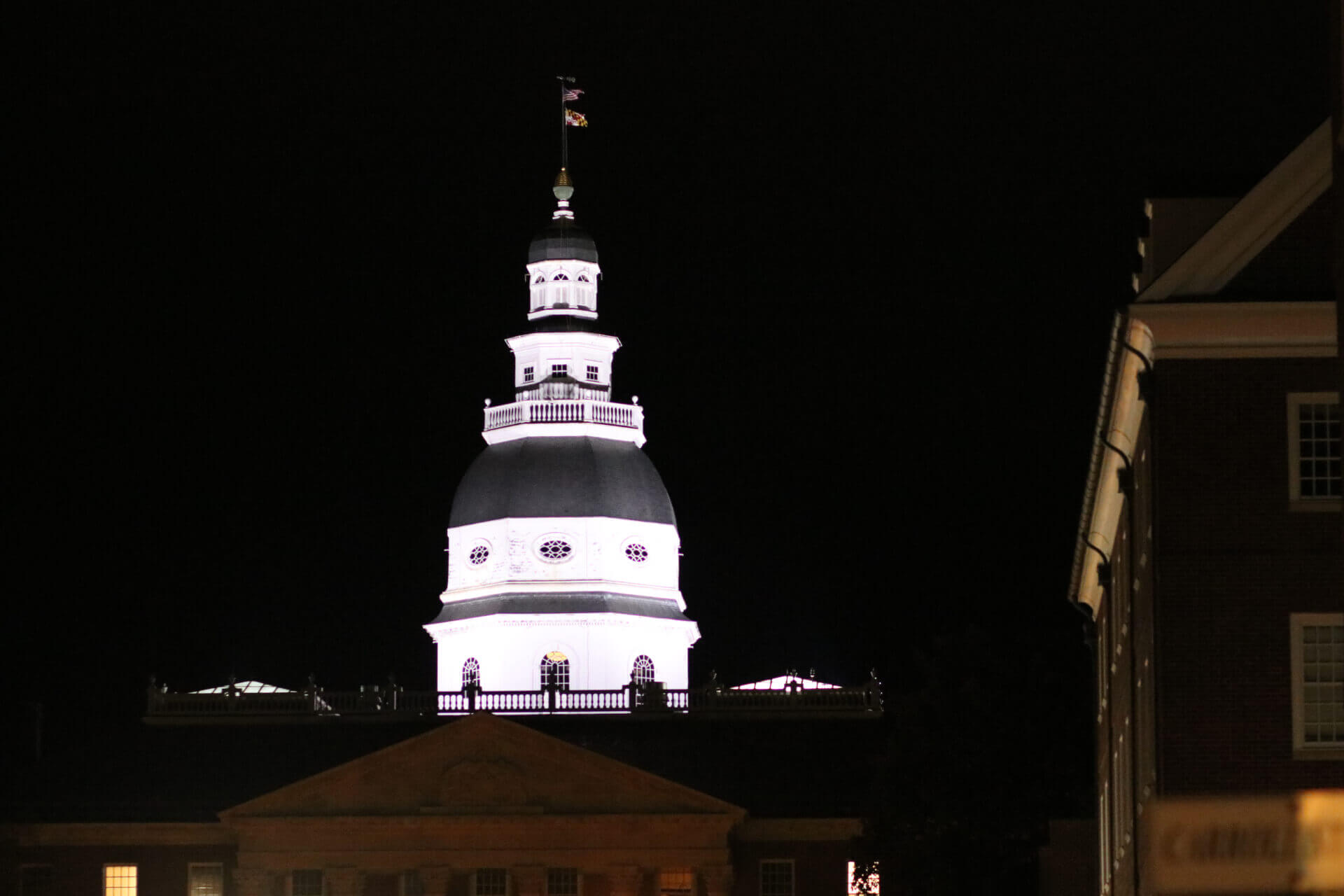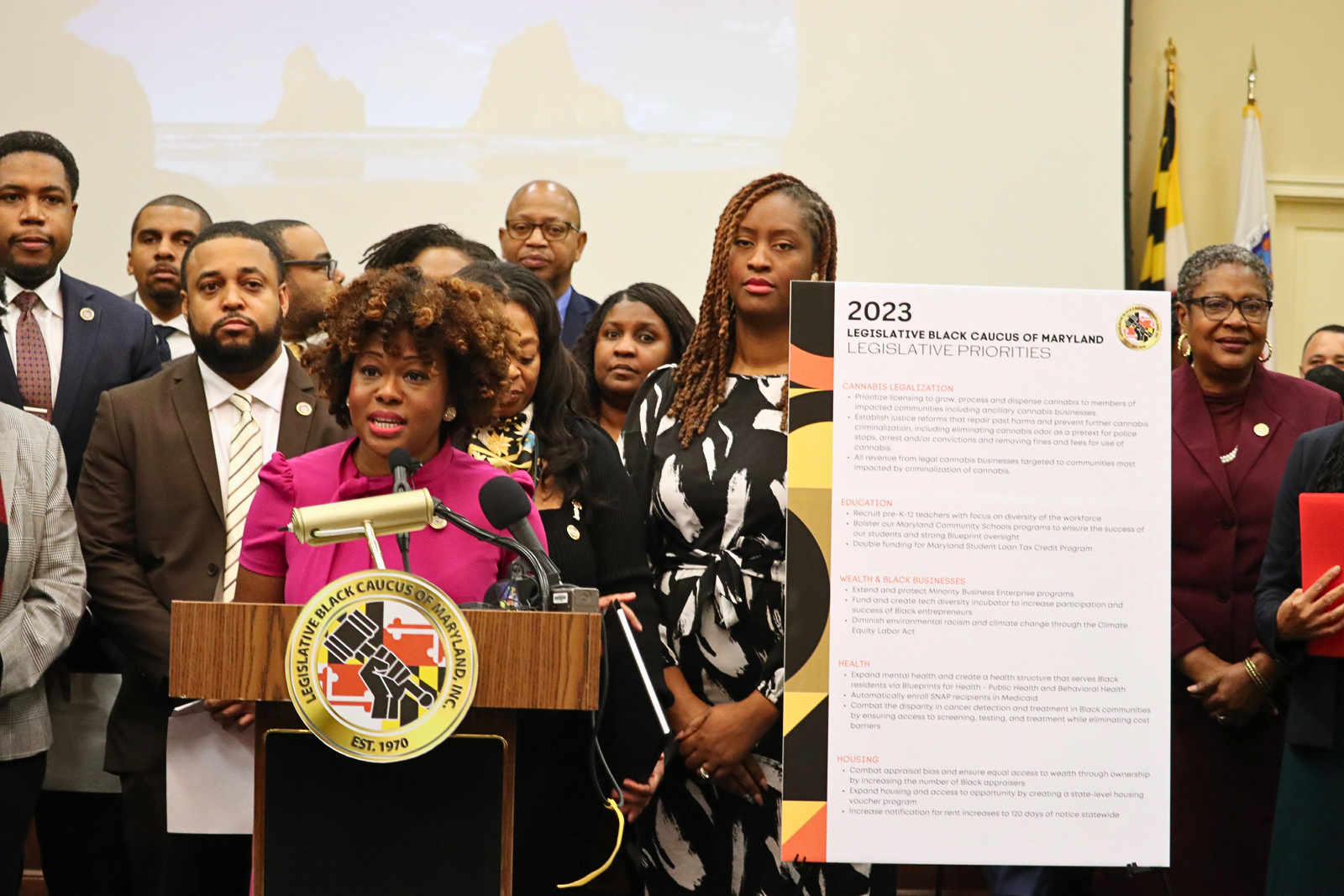
By Dayvon Love
The writer is director of public policy for Leaders of a Beautiful Struggle in Baltimore, a grass-roots think tank that advances the policy interests of Black people.
Political tides have shifted drastically over the past 10 years in Maryland politics. One of the major shifts has been the increased viability of progressive and more left-leaning policies. This shift is part of a national trend and is often tied to this notion of “wokeness.” Woke has become a caricature of aspects of leftist (mostly social media) discourse used to smear those of us who are advocating more radical politics. What has emerged is what I am calling the woke straw man argument.
As social justice issues have become more mainstream, the worst and least substantive versions of it have become most visible. People and organizations genuflect and virtue signal toward social and racial justice issues, usually without regard for movement history or the traditions that produced them. Maurice Mitchell, national director of the Working Families Party, in his piece “Building Resilient Organizations,” describes this tendency in social justice spaces. He says:
“Certain phases and words carry cultural currency and cachet. We often find words like ‘revolutionary’ employed non-ironically in the service of bourgeois individualistic demands. Decontextualized or uncritical use of intellectual material, like the Tema Okun essay on white supremacy culture, has at times served to challenge accountability around metrics and timeliness or the use of written language. Yet metrics and timeliness — and the ability to communicate in writing — are not in and of themselves examples of white supremacy…
“The profligate and unexamined use of social media has amplified this particular trend. These platforms — owned and controlled by mega corporations — reward us for our ability to articulate or reshare the sharpest, pithiest, pettiest, most polemic, or most engaging ‘content.’ There is no premium on nuance, accuracy, and context. There is little room for low-ego information sharing or curious and grounded political education. These platforms are ideal for, and give immediate reward to, uninformed cherry-picking, self-aggrandizement, competition, and conflict.”
Those of us who are advocating more revolutionary political perspectives grow frustrated with those characterized accurately by Maurice Mitchell, who provide fodder for conservatives and moderates to demonize those of us engaged in substantive challenges to the status quo.
The major political difference between moderates (and conservatives) and folks like myself who are in pursuit of more radical politics is that I am clear that American civil society is structured on a system of white supremacy. This is a sociological fact. Having individual Black people in positions of political leadership does not negate all the indexes of quality of life that indicate that Black people, as a people, are at or near the bottom of every category (poverty, exposure to the criminal justice system, homelessness, unemployment, wealth, etc).
This inequality is not a series of mistakes in an otherwise just system. As Derrick Bell argued, racism is a central and permanent feature of American society. This is the fundamental debate between moderates and radicals like myself. This is a worthy debate to have, but moderates tend not to have the intellectual goods to be effective when the conversation is on these terms. It’s easier to use the kinds of advocates described by Maurice Mitchell and use their political behavior to justify ignoring the substantive arguments made by those of us who have radical politics. This is the woke straw man argument.
In Maryland, Republican former state senator Michael Hough and Democratic former state senator Bobby Zirkin have made statements condemning the “far left.” For instance, in an interview on WFMD on Feb. 18, 2022, Senator Hough said:
“There is a mindset particularly in the far-left in the General Assembly that the criminal is the victim and no matter how heinous the crime is, somehow society has failed the individual.”
Additionally, Senator Zirkin once characterized me and other advocates who were pushing back against his policies of mandatory minimums and sentence enhancements as the “criminal lobby.” These mischaracterizations are used to fuel the narrative of the left having unsound arguments that contribute to political polarization. Again, this is the woke straw man argument.
Those of us advocating criminal justice reform and police accountability understand the importance of addressing crime and violence in our community. We are clear that sentence enhancements and mandatory minimums are not effective tools to do this. Additionally, we are advocating the more effective crime fighting courses of action, including more resources for community based anti-violence interventions and police transparency efforts that would help to build trust between community members and police needed to go after the drivers of violence in our community. There is nowhere on the record where either of them actually engage these arguments; in fact the only time Zirkin has been confronted publicly by me, his position essentially fell apart.
There are others besides Zirkin and Hough who will claim that the Maryland General Assembly has gone too far left. And they will use the woke straw man argument to avoid having to address the most substantive version of the arguments made by those of us who advocate radical politics that are actually engaged in the policy making arena.
The reality is that Maryland is a deeply unjust place and will require radical political activity in order to address the conditions of our communities. We need policies that are intentional about investing in collective Black wealth creation (ie. recreational cannabis regulation that incentives this), major investments in community-accountable, Black- and Brown-led anti-violence inventions that protect Black and Brown people from the abuses of law enforcement and the immigration system, and many other policies that would constitute moving toward racial justice.



 Creative Commons Attribution
Creative Commons Attribution